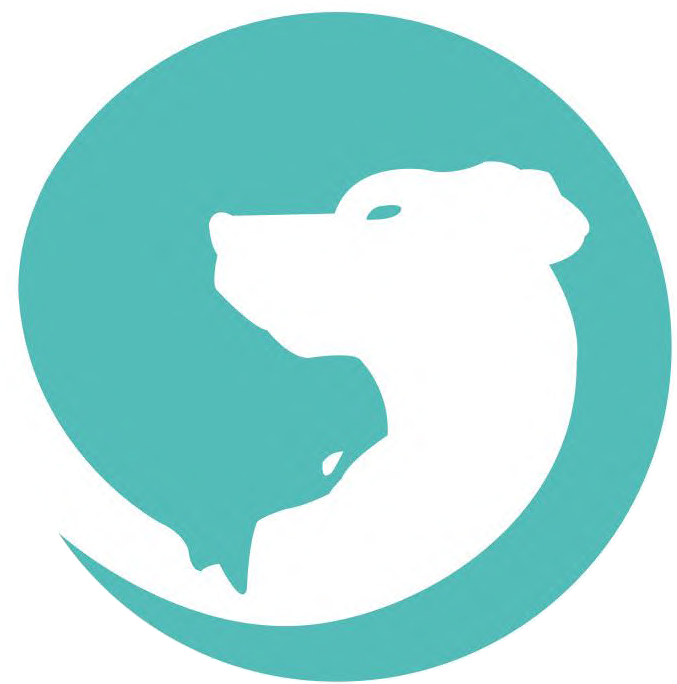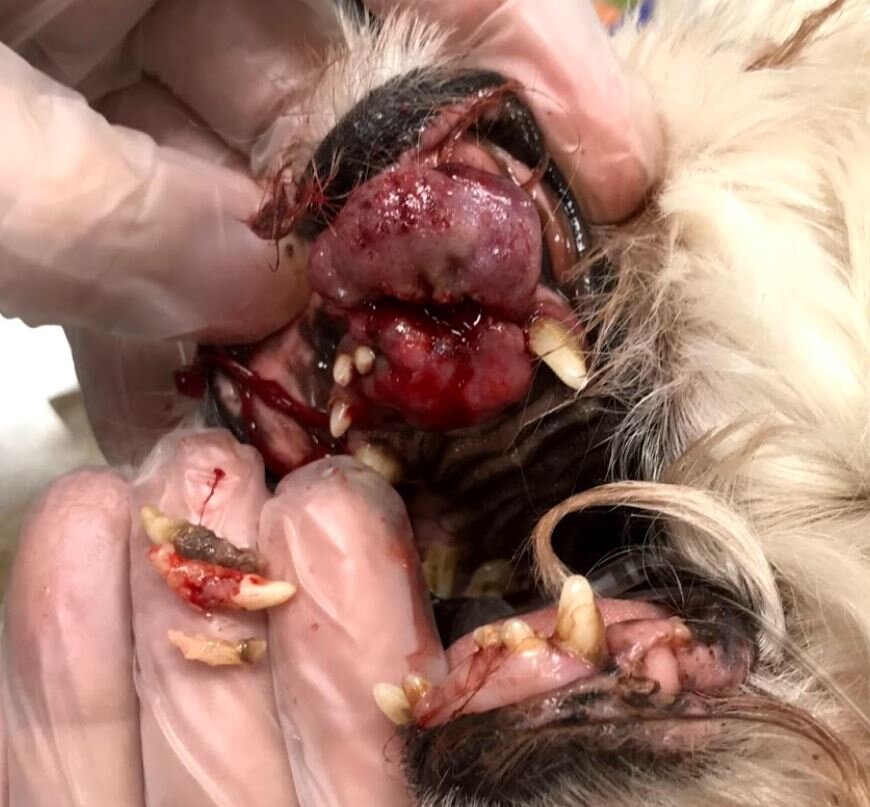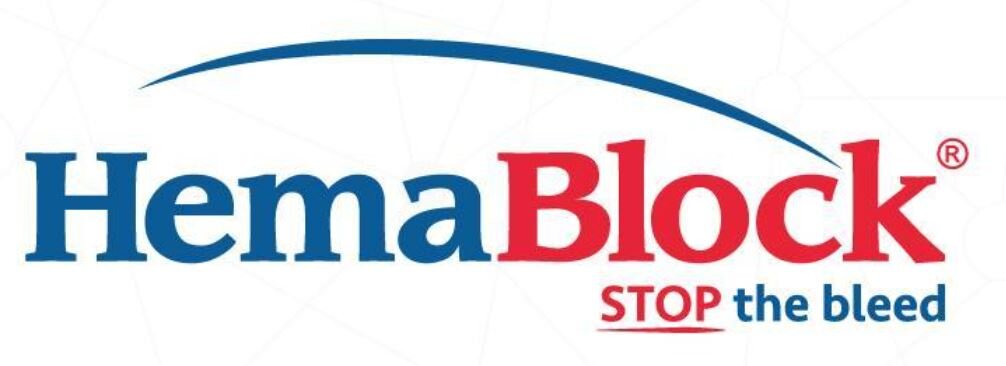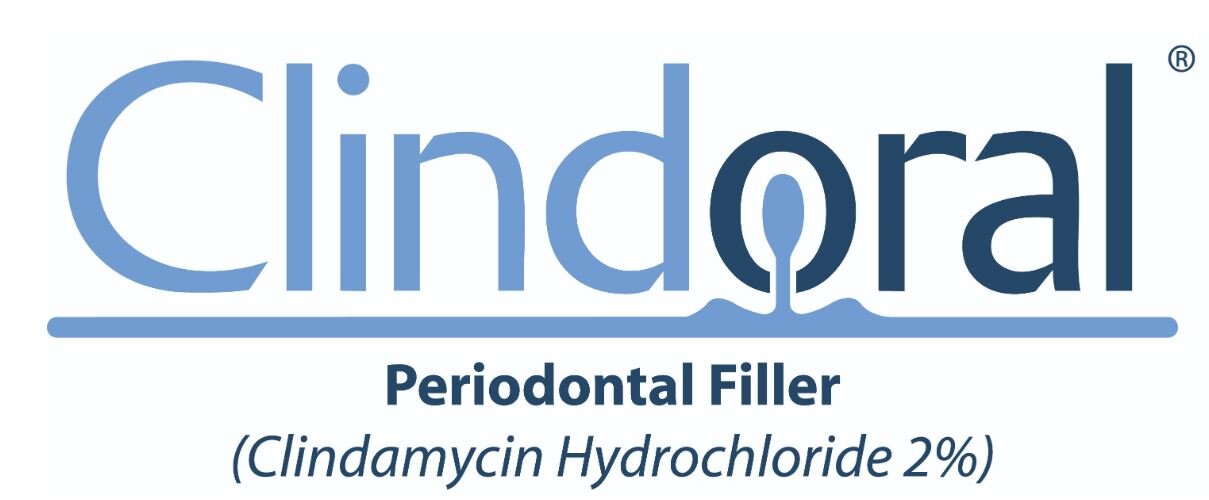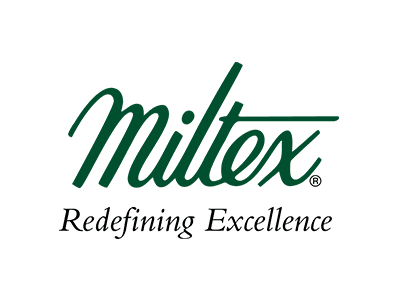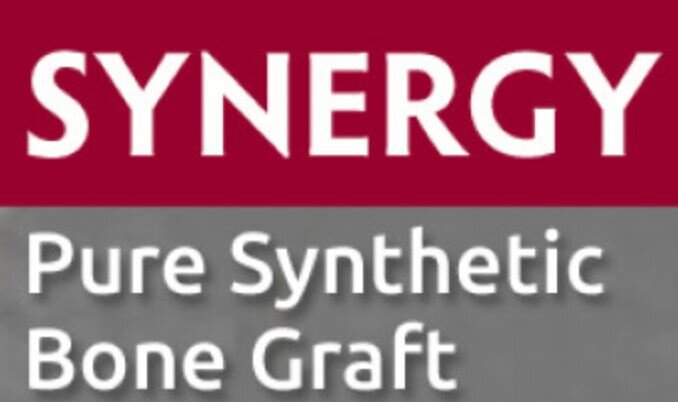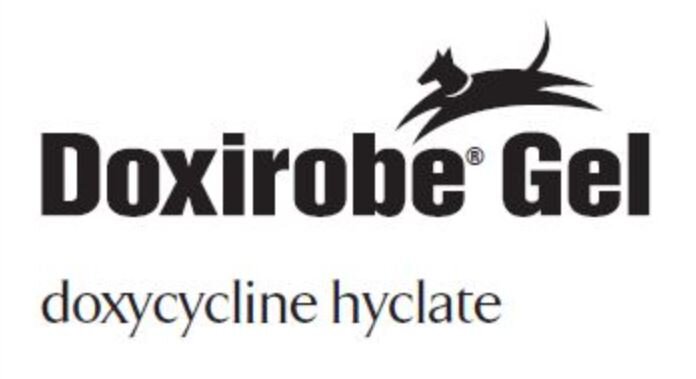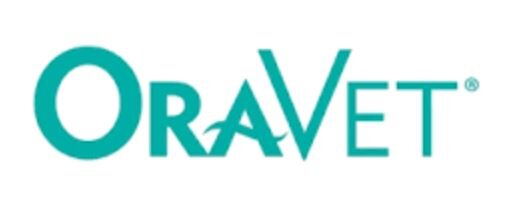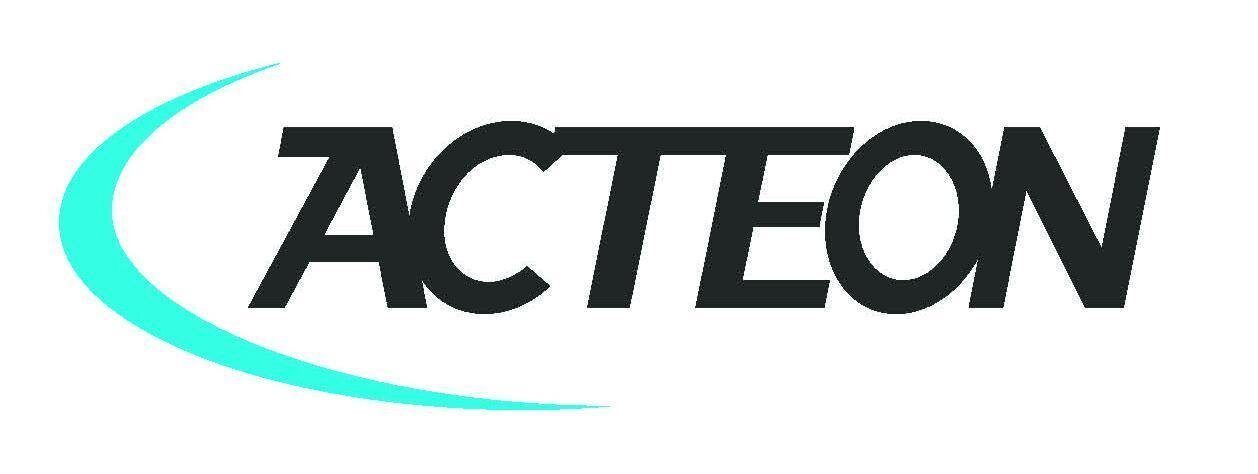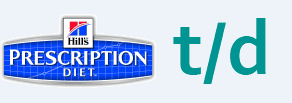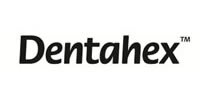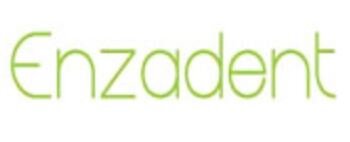
Dental Health
Your pet’s teeth are the gateway to their well-being. Let us help you keep them healthy for years to come.
Pet Dentistry in Pensacola at Davis Animal Hospital
What is the big deal?
Normal mouths in pets have white teeth that are clean and attached to the gums smoothly. The number one sign of dental disease in a pet is halitosis, also known as bad breath!
In healthy pets’ mouths there is usually minimal to no odor, no gum irritation, no bleeding, or visible tartar. Unfortunately, plaque (the building block of tartar) is an invisible slime layer of bacteria on the teeth and that is what causes inflammation of the gums and destroys the surrounding bony attachments of the teeth. It isn’t the thick visible tartar or calculus that is the problem, it is the invisible plaque! This is periodontal disease.
Fun Fact: Did you know that periodontal disease in people is responsible for more medical issues in humans than cigarette smoking?
Bacteria from the mouth can also travel to vital organs in the body, such as the kidneys, liver, and heart, and cause permanent damage. Without regular care, your pet’s lifespan can be shortened dramatically. Fortunately, we can help reverse some of the issues related to periodontal disease. Once bone loss starts however, that is not reversible, so early intervention is key.
Meet Dr. Michelle Stephenson!
Dental Training:
Certified by the International Veterinary Dental Institute.
70 hours of advanced dental techniques training in Bloomington, MN.
Advanced dental techniques CE and wet lab sessions at VMX conference, the largest veterinary conference in the world, for a total of over 120 hours of dental training.
Responsible for creating and expanding several veterinary dental programs in Kentucky, North Carolina, and Florida beginning in 2003 to present.
Advanced dental techniques continuing education hours and wet lab sessions at the National Veterinary Dental Forum for a total of over 40 hours of dental training.
Completed over 2,000 comprehensive dental cleanings and assessments with full mouth radiographs.
How do I help my pet?
Great news! With our help, your pet can live a healthier life, and it starts at home.
Home care: Brushing your pet’s teeth with a pet toothpaste, (ideally after every meal), is the number one way to help prevent future dental problems. Pet mouth rinses and water additives are the next best way to help your pet’s mouth stay healthy. Finally, diets and treats that are geared toward dental health, are another small way we can keep your pet’s mouth from progressing rapidly into disrepair. If you do even one of these steps, every 2-3 days (that is how long it takes for plaque to turn to calculus), then you are miles ahead of anyone who is not doing anything! (Imagine what your teeth would feel and look like if you didn’t brush.)
Veterinary visits: When you bring in your pet every year for their yearly examinations, we do a comprehensive physical which includes looking at your pet’s teeth. We discuss diet, brushing, and ways you can reverse mild gingivitis at home. We provide you with products that can help with your home care regimen and offer advice on what to do to limit the stress on you and your pet. However, sometimes your pet’s teeth need professional intervention. This is where we come in. We are able to assess the visible damage and make a plan for more in-depth, anesthetized dental treatment. This may be in a series of anesthetized visits based on the amount of repair that is needed. Our veterinarians will be able to give you a specific plan for your specific pet’s case.
Once your pet has been given a fresh start, you can resume home care and help slow the progression any damage has caused to your pet’s mouth.
How a typical dental goes…
Visit this awesome blog that walks you through a typical dental day.
Services
Offering complete dental exams, comprehensive dental cleanings, assessments, and dental radiography, non surgical and surgical extractions, oral neoplasia evaluation +\- removal, chemotherapy as dictated, jaw fracture evaluation +\- surgical or non surgical repair, surgical repair of most lip, facial, gingival, palatable and dental defects.
We currently do not offer orthodontics or root canal surgery at this time.
Cleaning/Polishing/Charting
We use an ultrasonic scaler that cleans the teeth quickly with minimal damage to the enamel.
We use hand scalers as well to get into the tight crevices and areas where the ultrasonic scaler cannot go.
After cleaning the teeth, the veterinarian goes in and charts each tooth and checks the gums and mouth to look for obvious signs of disease.
The veterinarian also looks at the radiographs to make a better decision about the affected tooth. This is helpful when deciding to keep a tooth or extract one. So much of dental disease is above the gum line, or invisible to the naked eye and only found on radiographs of the teeth and jaw.
After cleaning, charting, and sometimes if needed, extracting, the last step is polishing and rinsing. Polishing helps get rid of the extra fine areas the scalers couldn't reach as well as smooth any scratches that may have been caused on the enamel.
The rinse helps freshen the breath and put a layer of enzymes to help protect the teeth until home care can be started.
Full Mouth Digital Radiographs (x-rays)
In most practices, dogs and cats also get radiographs (x-rays) of their mouth to look for underlying issues that physical examination cannot reveal. Our veterinarians look for abscesses, broken roots, nerve exposure, bone damage, and tumors. This saves your pet from having to go under anesthesia a second time for an issue that could have been dealt with during the first dental. It saves you money also.
Oral Surgery/Extractions
Tooth extraction happens for a variety of reasons. The pet could have retained baby teeth that never fell out when the adult teeth came in. This causes infection to go directly to the adult tooth and can harm it.
There may be an abscessed tooth that is painful or causing infection to spread to the other teeth. This tooth may not be able to be salvaged, so it is extracted.
Bacteria, tarter, and plaque spread beneath the gum-line and loosens the tooth from the gums and bone causing the tooth to be mobile. This type of tooth is extremely painful and can spread bacteria to the heart, liver, and kidneys; everywhere the pet's blood flows is affected and can cause organs to not function well.
Please note, we will never extract any teeth without explicit permission from a pet’s owner, after an in depth conversation with the attending veterinarian overseeing your pet’s dental procedure.
Oral Fractures
Sometimes traumatic events happen to our pets and we must stabilize fractures of the jaw (upper or lower). If this happens, we offer specialized techniques like interdental wiring (which protects roots of healthy teeth) and acrylic splints that are removed after healing in a little as 2-3 weeks.
Cancer/Neoplasia
Dogs and cats do have a particularly high incidence of oral tumors (benign and malignant). We offer many surgical techniques to surgically debride or remove oral masses. If indicated we also offer post- operative chemotherapy.
Home Care
Now that you have invested your time and money into getting your pet's teeth in better shape, it's important to keep it that way as long as you can! We send home a free goodie bag full of home care supplies to get you started with every dental cleaning.
t/d Dental Care from Hill's Prescription Diet is a maintenance diet that is designed to help scrape plaque off the teeth.
Clenz-a-dent Chews have an enzyme that protects the teeth as your dog chews.
Oral Rinse is a great mouthwash to use if you have difficulties brushing your pet's teeth.
Toothpaste and Toothbrush are to be used, at a minimum, 3 times a week for good results.
Interesting Cases
Coming soon!
Products used
Client Testimonials
Referral Patient Information
For non-Davis Animal Hospital clients
PAYMENT IS EXPECTED AT TIME OF SERVICE
We will not schedule an appointment without a referral from your veterinarian. Once we receive this referral, we will contact you to schedule your consultation.
Our consultation fee is $75. This fee will be applied towards your surgical cost if surgery is performed or scheduled that day.
If we plan to immediatley schedule the dental procedure we require a dental procedure deposit of $450 upon scheduling.
The recheck fee is $25.
The consultation fee does not include the cost of any additional treatments or medications. An estimate of these procedures will be given to you for consent prior to being performed.
PAYMENT TYPES ACCEPTED
We accept Visa, MasterCard, Discover, local check, and cash.
We accept Wells Fargo Health Advantage Card with a 9 month deferred interest payment plan.
Visit Wells Fargo for more information and to get approval.We accept Care Credit with a 6 month deferred interest payment plan for visits exceeding $200.
Visit Care Credit for more information and to get approval.We offer Scratch Pay as well!
APPOINTMENTS AND SURGERY
Appointments are by referral only. Please contact your veterinarian to send us a referral.
Dr. Stephenson will call you when your pet is in recovery AFTER surgery. This may be after 5:00 PM as there are multiple surgeries that take place during the day.
OUR LOCATION
We are located at 8560 N Davis Hwy in Pensacola.
We are approximately one mile from Hwy 90 and Interstate 10, just north of West Florida Hospital.
